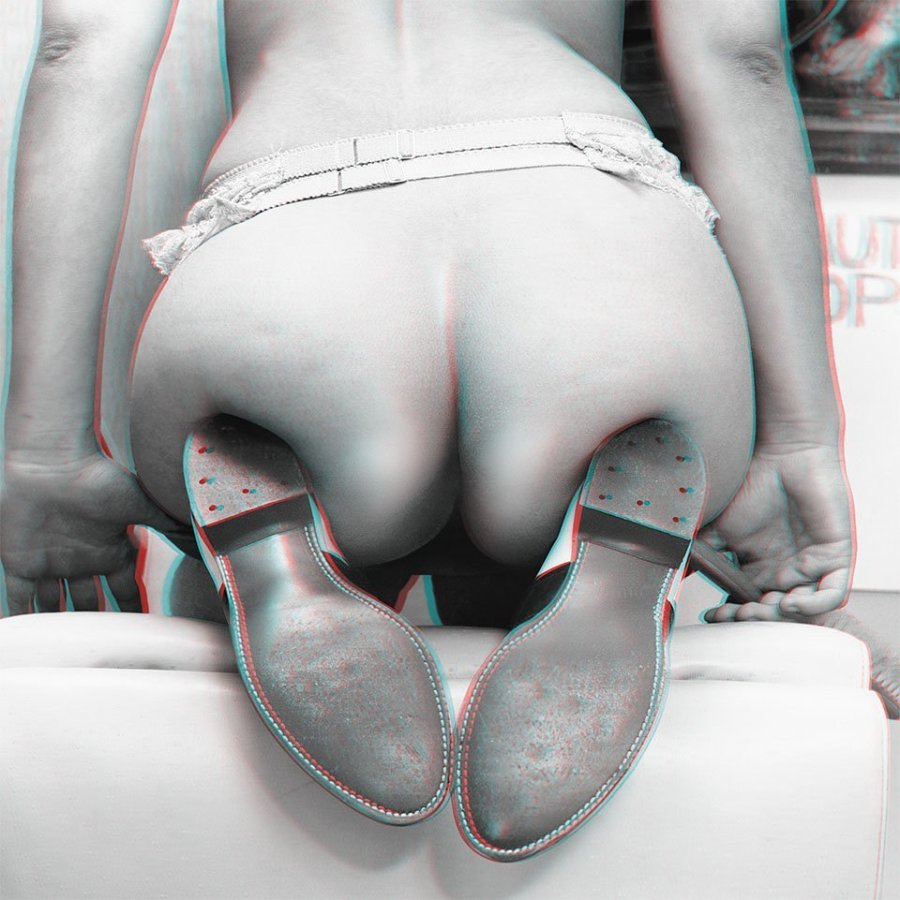Bridge'srightfoot wrote:Yes I do have an answer, but I'm not spamming a thread with economics talk which is completely off topic. DO you seriously, seriously think Barton buying a designer watch is going to boost the economy? If you want to discuss it further then PM me.
Look mate, I'm trying not to be harsh but read my post above, click the link and learn about the paradox of thrift. You should know all about it if you've been "studying economics" John Maynard Keynes ring any bells?
In essence, however, the theory goes that spending drives the economy and that in tough times when people stop spending to try to stave off economic hardship it actually has the opposite effect as the restricted spending going into the economy actually leads to further contraction. In simple terms, people don't buy from shops in extremis leads to shop closing = loss of jobs then the manufacturer/distributor/importer also goes to the wall = less jobs. All adds up to more unemployment. Government spending that would be used to stimulate the economy (by way of incentives, tax revenues/tax cuts, help to business) has to be directed towards helping the unemployed subsist day to day.
At a macro level this is exactly why economists and business have been saying for the last couple of years that all the mass austerity measures enacted across the EU ran the risk of taking the Eurozone back into recession as "government spending" and the restriction of it has the same effect as the shop analogy above.
In short, the wealthy ceasing to spend as they typically have done has an adverse effect on the economy. So Barton not buying cars, watches, clothes, holidays, spending money on cleaners and gardeners etc etc is NOT a good thing in economic terms.
That clear enough?














